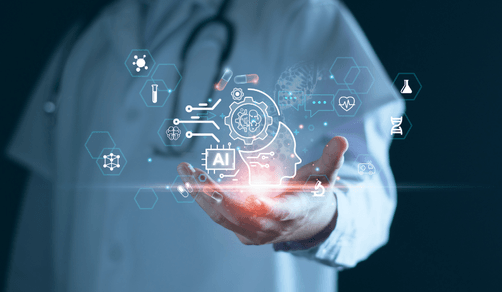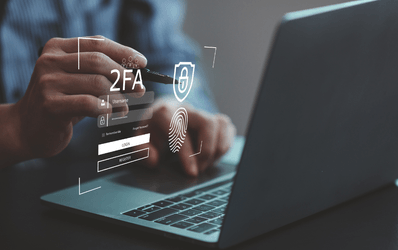In the dynamic world of life sciences, innovation is the key to progress. One of the most groundbreaking innovations in recent years has been the integration of artificial intelligence (AI) into life science and pharmacovigilance processes. AI has ushered in a new era of enhanced safety monitoring and drug development within the life science industry. In this blog post, we will explore the profound impact of AI on pharmacovigilance jobs and how it is transforming the way we ensure the safety and efficacy of pharmaceutical products.
The Crucial Role of Pharmacovigilance
Pharmacovigilance, often abbreviated as PV, is the science of monitoring, detecting, assessing, and preventing adverse effects and other drug-related issues. It is an indispensable part of the pharmaceutical industry's commitment to patient safety and drug efficacy. Traditionally, pharmacovigilance relied on manual data collection and analysis, which could be time-consuming and prone to human error.
AI in Pharmacovigilance: A Game Changer
AI has completely changed the world of pharmacovigilance, making processes more efficient, automated, and effective. Here are some examples:
1. Efficient Data Processing
AI-powered algorithms excel at processing vast amounts of structured and unstructured data from multiple sources. In pharmacovigilance, this capability allows AI to efficiently analyse electronic health records, clinical trial data, patient forums, social media, and more, identifying potential adverse events related to a specific drug. AI can detect patterns and signals that might be challenging for human reviewers to uncover.
2. Real-time Adverse Event Detection
AI systems can detect adverse events and safety signals in real-time or near-real-time, enabling pharmaceutical companies to respond swiftly. This early detection can lead to faster regulatory actions and risk mitigation, potentially saving lives and preserving a drug's reputation.
3. Predictive Analytics
AI has the power to predict potential safety issues or trends based on historical data and real-world evidence. This proactive approach allows pharmaceutical companies to take pre-emptive measures, such as updating drug labels or conducting additional safety studies before problems escalate.
4. Automated Case Processing
AI-driven chatbots and virtual assistants streamline the process of collecting and documenting adverse event reports from patients and healthcare professionals. This not only reduces the burden on human staff but also ensures consistent and accurate data collection.
5. Signal Detection
AI algorithms are proficient at identifying safety signals within complex data sets. They can distinguish between random noise and genuine signals, reducing false alarms and enabling pharmacovigilance teams to focus their resources on meaningful safety concerns.
6. Natural Language Processing (NLP)
NLP technology allows AI to understand and process human language. In pharmacovigilance, NLP can be employed to extract relevant information from unstructured text, such as medical records and patient narratives, making it easier to identify and assess adverse events.
7. Drug-Drug Interaction Analysis
AI can analyse potential interactions between different drugs, assisting healthcare professionals and researchers in avoiding combinations that could lead to adverse effects.
Challenges and Future Directions
While AI offers immense promise in pharmacovigilance jobs, challenges must be addressed, including data privacy, algorithm transparency, and regulatory compliance. Pharmaceutical companies must ensure that their AI systems adhere to evolving regulatory guidelines and ethical standards.
FAQ’s
What is pharmacovigilance, and why is it important in the pharmaceutical industry?
Pharmacovigilance is the science of monitoring, detecting, assessing, and preventing adverse effects and other drug-related issues. It is crucial for ensuring patient safety and the efficacy of pharmaceutical products.
How does AI improve the efficiency of pharmacovigilance processes?
AI enhances pharmacovigilance by efficiently processing large amounts of data from various sources, enabling real-time adverse event detection, predictive analytics, automated case processing, signal detection, and more.
How does AI contribute to predictive analytics in pharmacovigilance?
AI uses historical data and real-world evidence to predict potential safety issues or trends, enabling proactive measures to be taken before problems escalate.
Where can I find pharmacovigilance job opportunities?
You can explore pharmacovigilance job opportunities at QCS Staffing, a company dedicated to helping individuals find rewarding careers in the life sciences and pharmacovigilance field.
What is the future outlook for AI in pharmacovigilance?
The future of AI in pharmacovigilance looks promising, with continued advancements in technology, regulatory compliance, and ethical standards. AI is expected to play a crucial role in enhancing drug safety and efficacy monitoring.
Find your next pharmacovigilance job
At QCS Staffing, we understand the value that pharmacovigilance has in protecting public health and keeping our communities safe. We are committed to our life changing industries and finding candidates their perfect pharmacovigilance job is one of our specialisms. If you are looking to step into a life changing, and a life enhancing, career – get in touch with our team today or check out our live drug safety and pharmacovigilance jobs here.





